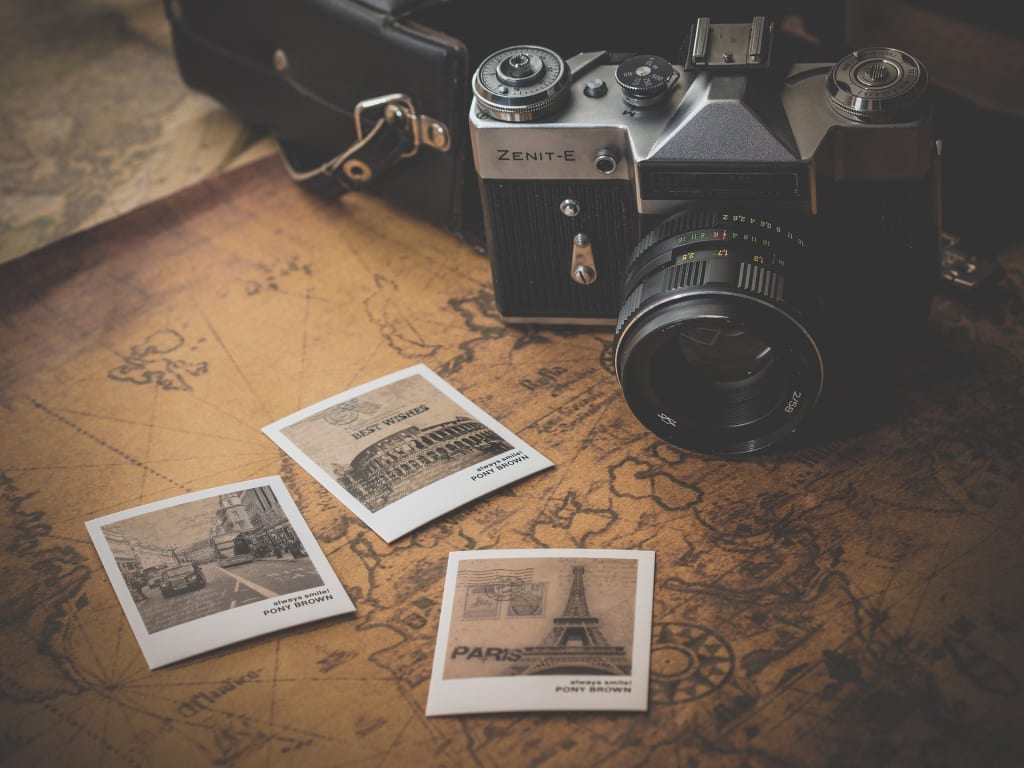How have our senses made us feel more nostalgic in lockdown?
Here, we look at how the senses can trigger a nostalgic response to understand why we’re infatuated with the past during a crisis.

The five senses
Our senses are crucial in understanding and perceiving the world around us. They can help trigger memories as well as emotional experiences.
1. Smell
According to research, smell is the strongest trigger of nostalgia. As we’ve been isolated away from people and places we’d usually visit, we’ve probably got used to not smelling anything out of the ordinary – after all, we can’t smell our own clothes or the smell of our own house.
Our old and normal lives were filled with new smells, whether it was our co-workers’ new fragrance, the smell of a cigarette from someone walking in front of you, or being far too close to someone on your morning commute on a warm day. When we smell something that reminds of us a significant moment or person in our lives, we can recall memories much more accurately. And there’s a scientific reason for this.
The way smells are processed in the brain helps us recall vivid memories. Information from our senses is taken in by the sensory organ, for example, the tongue and ears. However, information taken in from smell is sent to the amygdala and hippocampus, which are where deep and powerful emotional responses are processed. So, when you’re walking down the street and get a whiff of your ex’s fragrance, this is because you have so many strong memories associated with that smell, so it was easier for you to recognise it and what it means to you.
2. Taste
Taste is the second strongest sense in triggering feelings of nostalgia. Taste is closely linked to smell, although not as strong as our noses. This can also explain why so many of us took to baking retro recipes and childhood favourites in the midst of lockdown.
Food can be linked to both emotion and smell. Interestingly, sweet foods can have more memories linked to them because sweets can activate a rewarding feeling in our brain. Those butter sweets your grandparents used to sneak you, the ice cream you’d get from your local ice cream van as a child, your favourite dessert when you’d been on your best behaviour – all strongly associated with positive memories. The same can apply to significant negative memories and food, too.
3. Sound
As we mentioned earlier, we’re listening to old music in lockdown. As we looked for silver linings in sitting inside all day with not much to do, we spent time listening to songs from the good old days – when we were free. According to research, sound is a strong nostalgia stimulus.
Studies have shown that songs stimulate different areas of the brain, giving us a dopamine rush. If we listen to certain songs repeatedly during formative or significant periods in our life, they can stick for life. Most notably, songs stimulate our visual cortex, which means the audio of a song will be associated with what we saw at the time. Like hearing that song that topped the charts when you were in university that played over and over again when you were on a night out. When you hear that song now, are you thrown back to being a young student again?
4. Touch
According to research, remembering through touch can create detailed memories. Increased tactile sensation can increase the activity in our brain, which makes us focus and pay more attention. This is referred to as haptic memory.
Does your childhood blanket or teddy bring you comfort? You’ve probably associated the touch of it with happy memories.
5. Vision
Have you ever had that strange but familiar feeling of déjà vu? Something you have seen in your surroundings has triggered a memory from the past but you're not quite sure what? Sight can trigger vague and accurate memories, for example, your dad’s pair of men’s sandals might remind you of a childhood holiday – but it isn’t considered the strongest trigger of nostalgia. Although this is surprising given how much those of us who can see rely on eyesight, it isn’t as high on the list of memory retrieval.
As we’ve gotten more nostalgic, it’s interesting to understand why these throwbacks have such an influence on how we feel – we feel uplifted thinking about happy memories.





Comments
There are no comments for this story
Be the first to respond and start the conversation.